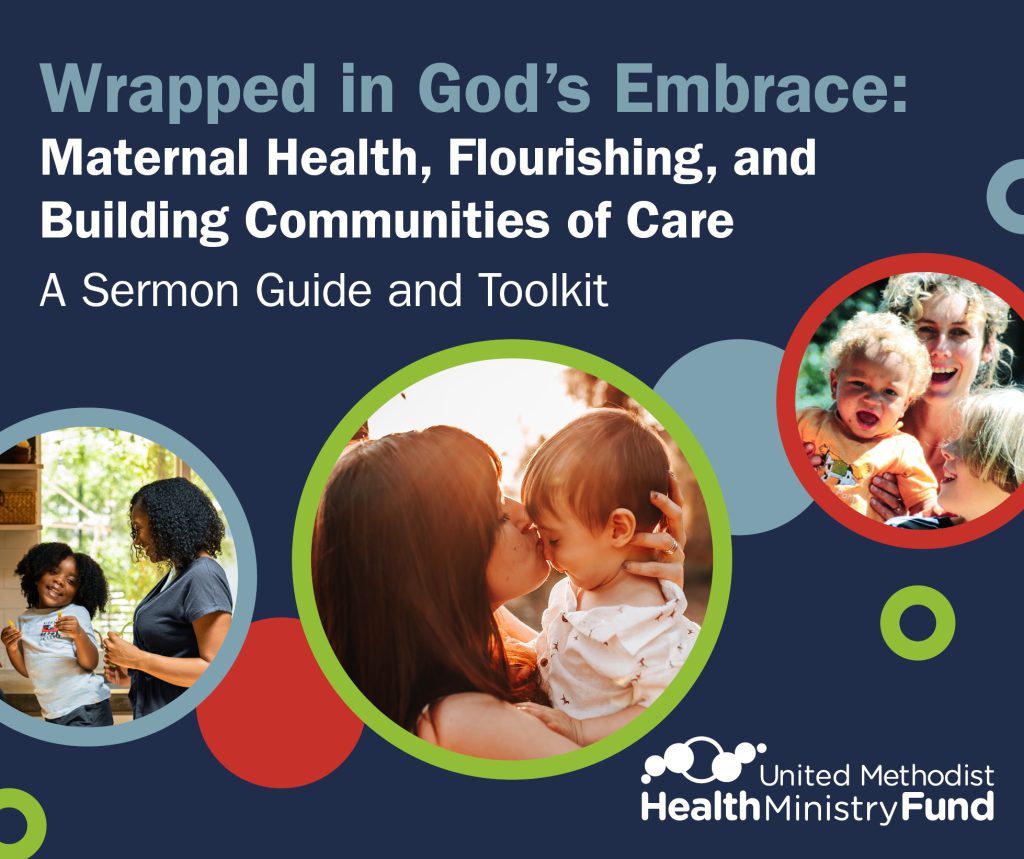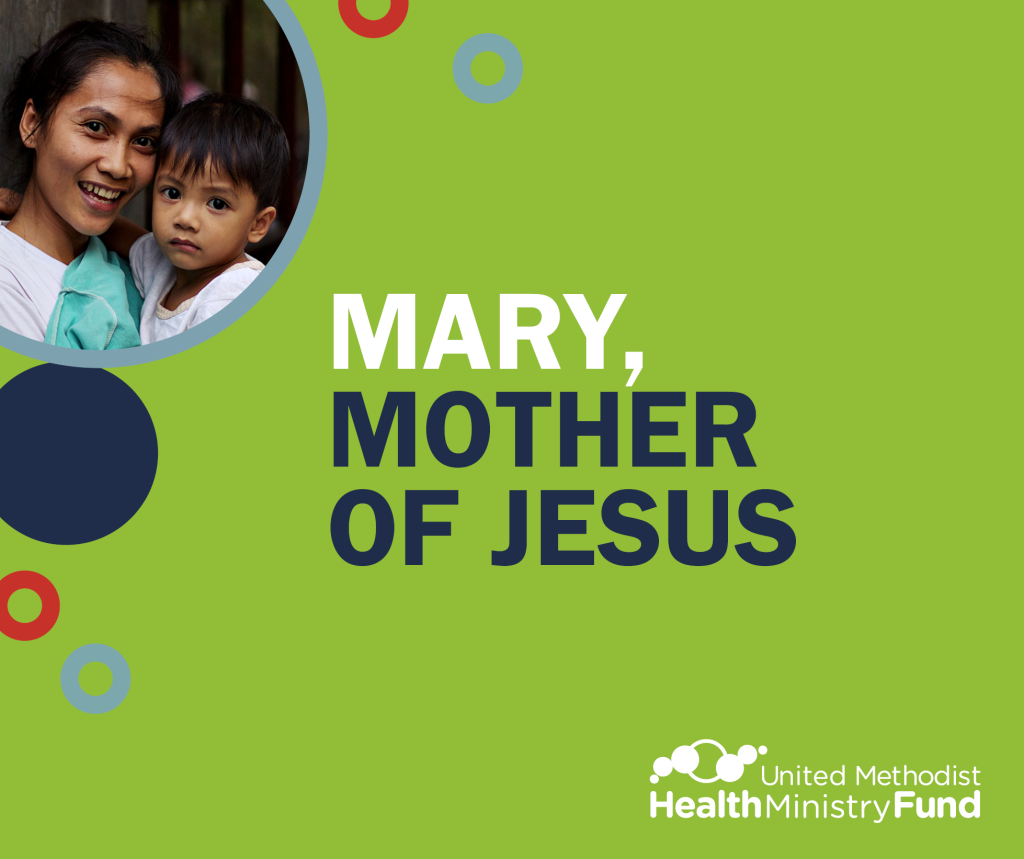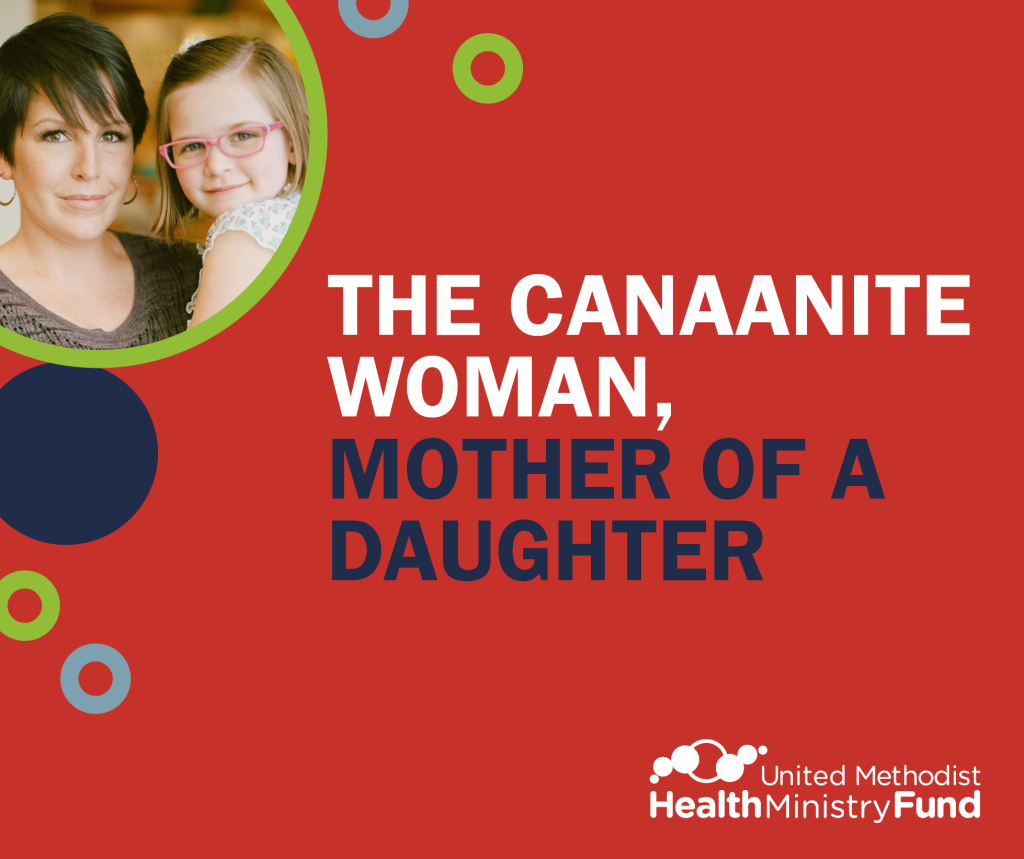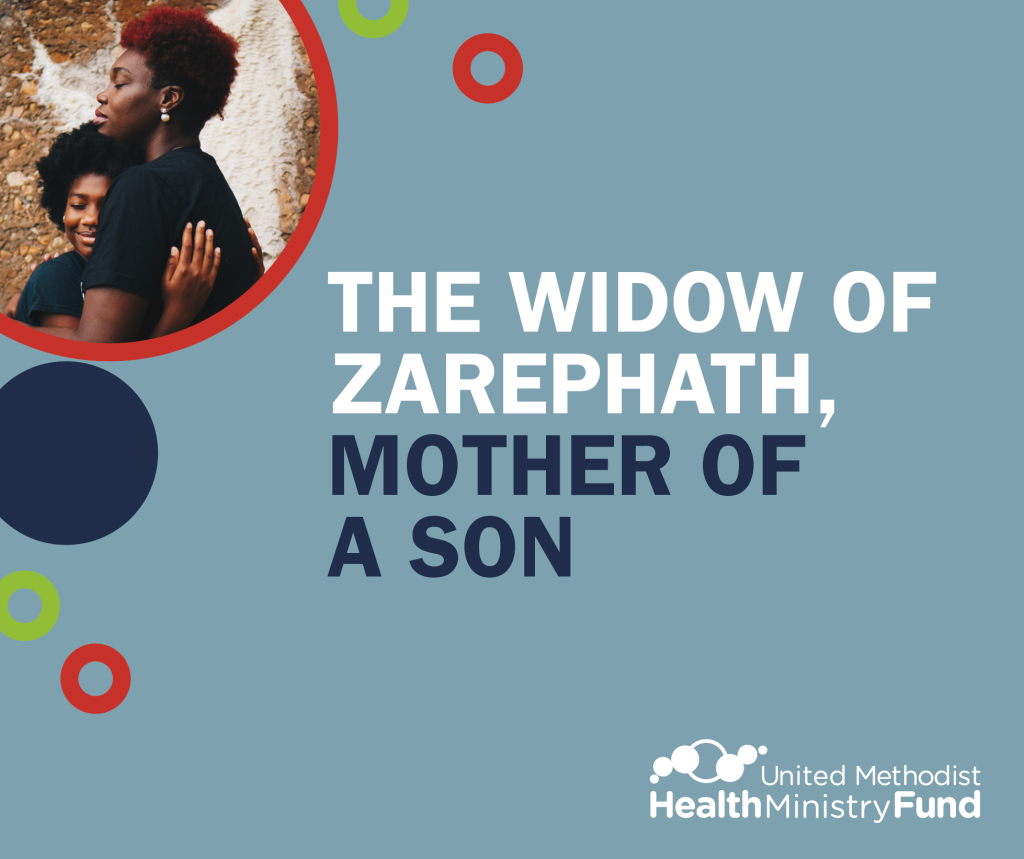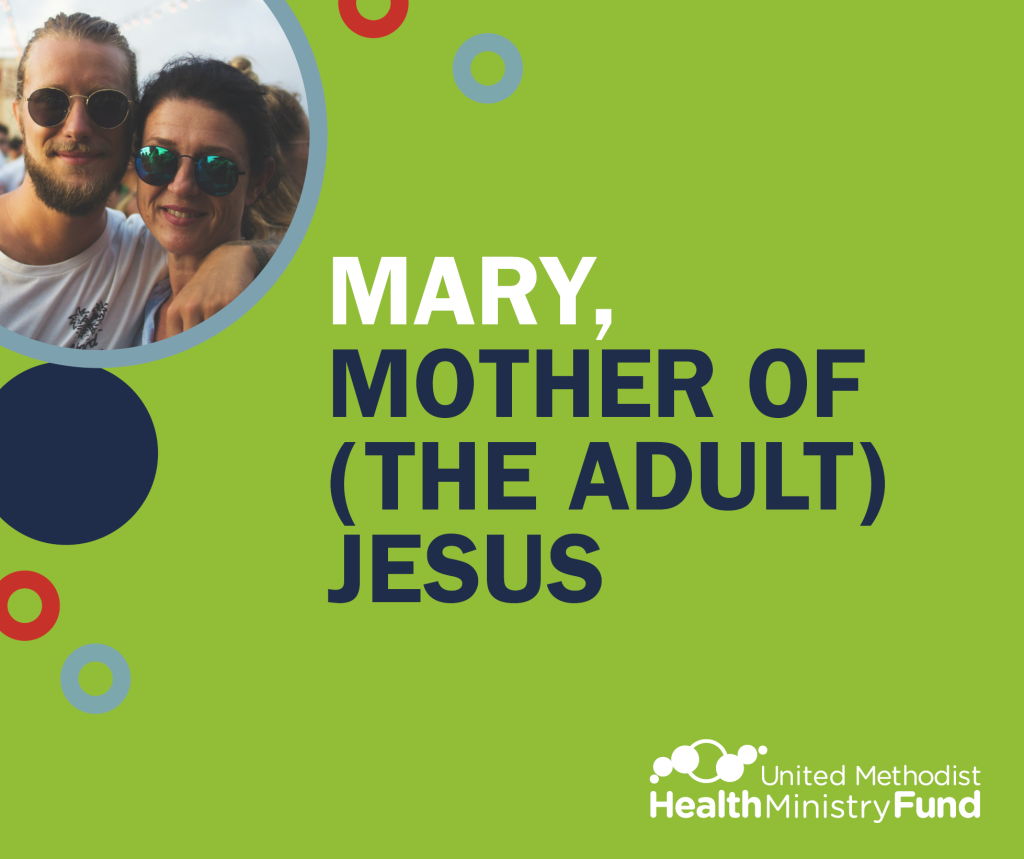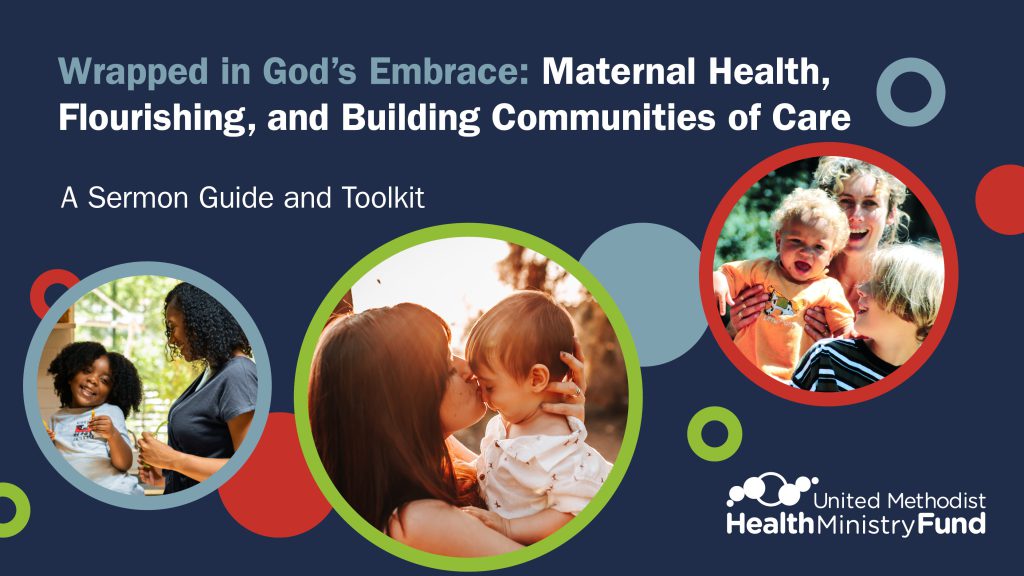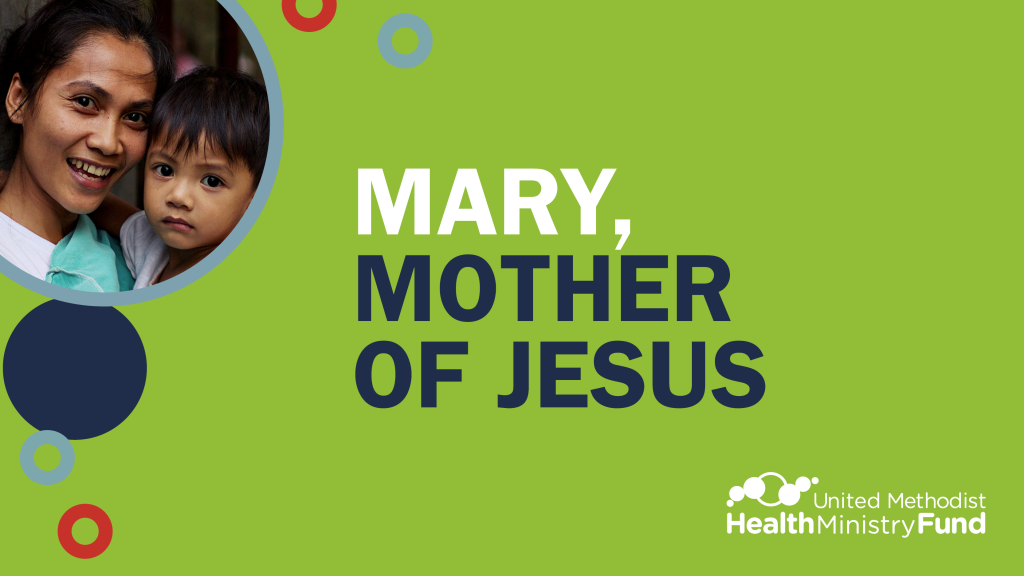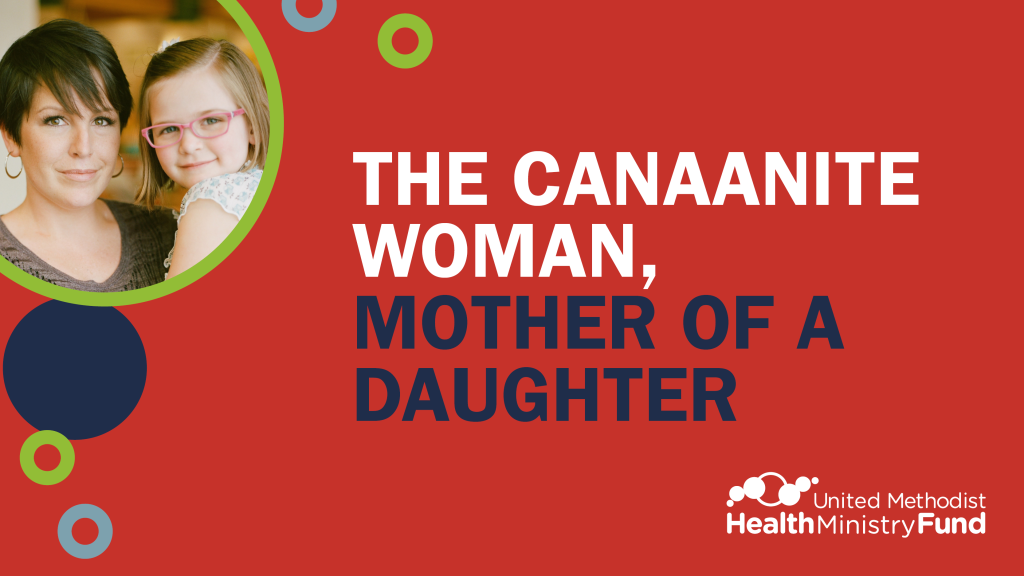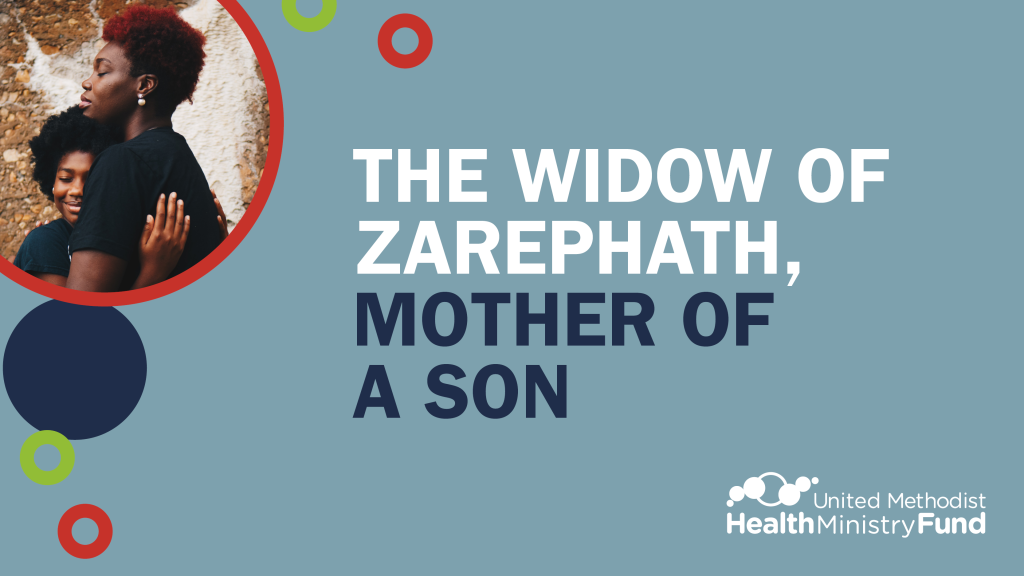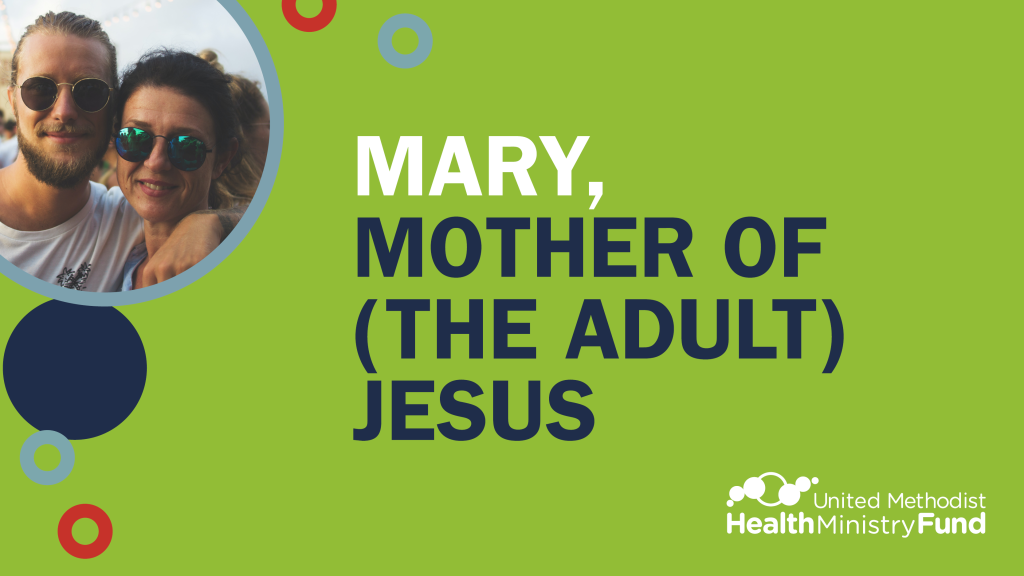This guest blog post was authored by Heather Peterson RDN, LD, CLC, Reno County WIC Coordinator.
Every day, I look forward to going to work in WIC: we truly are the Happy, Healthy Baby People!
WIC is a supplemental food program that serves pregnant, breastfeeding, and postpartum women, infants, and children to age 5. Nearly half of all babies born in the United States are eligible for the WIC program. In Kansas, 40% of babies participate in WIC. This program has evolved over the past two decades from a formula handout to a reliable source of breastfeeding support. WIC promotes breastfeeding as the optimal way to nourish a newborn. All WIC staff encourage a pregnant woman’s decision to breastfeed.
A vast majority of women express a high desire to breastfeed their babies. Unfortunately, many of the women WIC serves return to work within two weeks of delivery. This can sabotage a woman’s desire to breastfeed. WIC offers several sources of support for breastfeeding moms.
The WIC food package for an exclusively breastfeeding woman is larger than any other food package and contains additional protein foods, including canned salmon or tuna. These fishes are higher in Omega-3 fatty acids that are important for infant brain development and overall health for the mom. Exclusively breastfeeding women enjoy a $47 per month fruit and vegetable benefit that allows them to purchase fresh fruits and vegetables. Women who are exclusively breastfeeding qualify for WIC foods until they are one year postpartum. Exclusively breastfed infants receive a large food package starting at 6 months of age to support their continued growth and development.
One major benefit of the program is that many local WIC agencies participate in the Breastfeeding Peer Counselor (BFPC) program. BFPCs are exactly what their name implies, women that have recently participated in the WIC program and breastfed their children. The BFPC usually communicates with women via text message, phone calls, and social media, and are even available to support breastfeeding parents outside of regular office hours.
Peer counselors will reach out to women during their pregnancy and offer reliable information about preparing to breastfeed, surrounding themselves with breastfeeding advocates, how to obtain a breast pump from their insurance, and what to expect the first days after delivery. Peer counselors can be a “social event director,” connecting pregnant and breastfeeding women in their community. Peer counselors will seek activities that are free of charge, such as playing at the splash pad, attending library time, gift-wrapping parties, and moms’ movie night out. One of our most popular events was a cooking class hosted by a local church. The foods were donated and each family took home a chicken noodle casserole they learned to prepare. This social time allows pregnant women to see how normal breastfeeding happens out and about whether the breastfeeding mom chooses to be discreet or open.
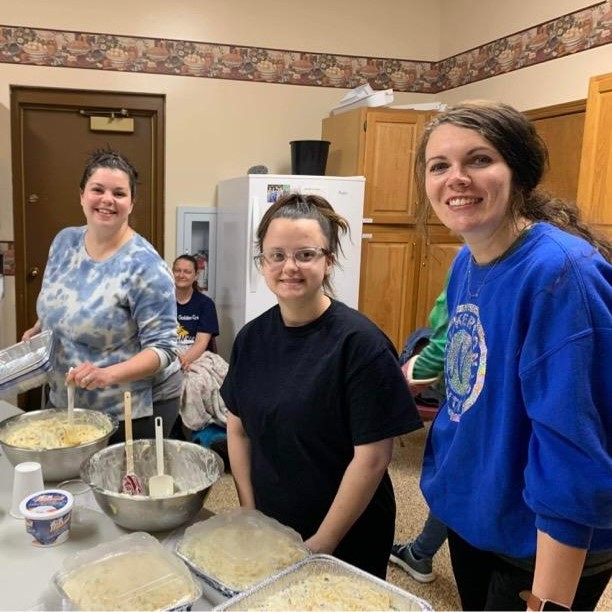
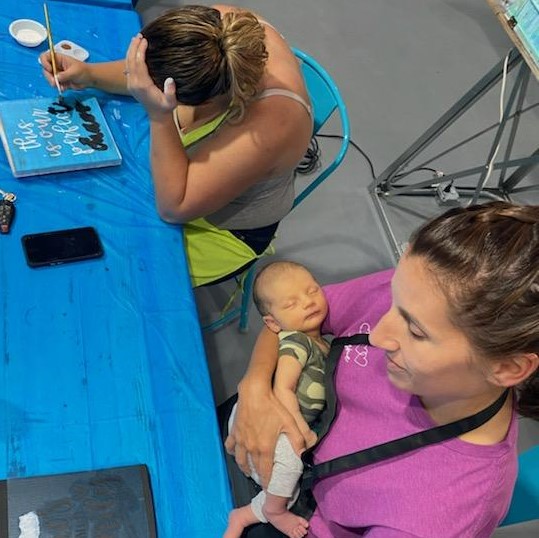
Photos from Breastfeeding Peer Counselor events.
In the near future, families will have another trusted breastfeeding resource. Soon, each WIC agency will be required to have a Designated Breastfeeding Expert. This person handles more challenging breastfeeding issues. Breastfeeding is a learned skill. For some families, this comes easily and for others, there are more bumps in the road. Many physician’s offices will refer patients to WIC because they know there is reliable breastfeeding help available.
Sharing information about supports like WIC is something we can all do to support parents. It’s easy to determine WIC eligibility. Potential participants can find their local WIC office by visiting signupWIC.com and entering their ZIP code. To participate in the Kansas WIC program, families must reside in Kansas and meet income guidelines, which can be found at kdhe.ks.gov.
As a community, we can help families to meet their breastfeeding goals. Supporting paid maternity leave legislation, creating breastfeeding-friendly work environments, designating a private space for a woman to breastfeed if that is her preference, and learning about the amazing benefits of breastfeeding are all things we can do to create an environment that encourages breastfeeding success.
About the series
This is the fourth post in a series on breastfeeding in Kansas. Other posts include:
